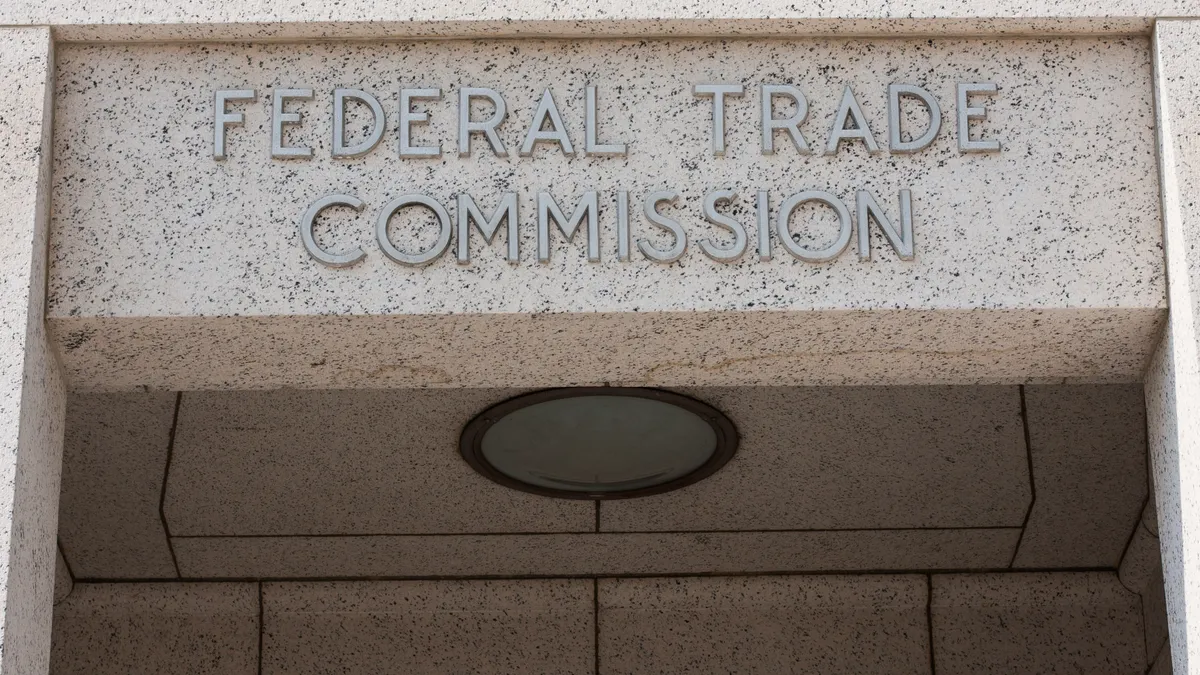Dive Brief:
- A coalition of environmental groups recently wrote a letter to the Federal Trade Commission urging the agency to investigate and block two proposed mergers in the oil sector: ExxonMobil’s $60 billion proposal to acquire Pioneer Natural Resources and Chevron’s $53 billion proposed purchase of Hess Corp.
- The environmental advocates — including nonprofits Greenpeace USA, the League of Conservation Voters and Sierra Club — say the mergers are anticompetitive, as Exxon and Chevron are the nation’s largest oil producers, and could allow the companies to dominate the market and inflate oil and gas prices for consumers.
- The coalition’s Nov. 8 letter comes a week after Senate Majority Leader Chuck Schumer and 22 other Senate Democrats also wrote to FTC Chair Lina Khan, asking the regulator to inspect the deals, which are two of the fossil fuel industry’s largest proposed acquisitions.
Dive Insight:
The environmental advocates argue if the mergers are allowed to go through, Exxon and Chevron will be able to stop new companies from entering the market. In addition to being two of the largest M&A deals in the industry’s history, the letter said the transactions are also two of the largest across the nation’s economy this year.
The groups also said both companies have a history of price-gouging practices “whenever opportunities present themselves.”
“No one benefits from these mergers,” the letter said. “Oil workers will be eliminated through inevitable ‘redundancies.’ American consumers will likely lose out as gas, diesel, and chemical prices increase. And the world will lose out as Chevron and Exxon construct barriers for the development and growth of future clean energy markets, slowing the transition to innovative energy solutions that are vital for the future of our planet in the face of climate change.”
The signatories, 22 organizations in all, asked Khan and other FTC commissioners to use the authorities granted by the Clayton Antitrust Act of 1914 to look into and, ultimately, prevent these deals from going through. Under section 7 of the Clayton Act, an antitrust law that defines unethical business practices, the FTC has the authority to block proposed mergers and acquisitions that could result in “discriminatory pricing.”
Exxon proposed to buy Pioneer in a $60 billion all-stock merger last month. The companies expect the purchase to be completed early next year, giving Exxon expanded access to drill in the nation’s largest oil field, Texas’ Permian Basin.
“Pioneer is a clear leader in the Permian with a unique asset base and people with deep industry knowledge,” ExxonMobil CEO Daren Woods said in the release. “The combined capabilities of our two companies will provide long-term value creation well in excess of what either company is capable of doing on a standalone basis.”
Woods added that the companies also plan to accelerate Pioneer’s net-zero timeline from 2050 to 2035.
However, according to a financial exclusion tracker released last month, ExxonMobil was among the top five companies that accounted for portfolio exclusions on the basis of climate and sustainability concerns. The multinational oil and gas corporation, alone, accounted for 51 financial exclusions, and has consistently received criticism for its role in Big Oil and deficiency in addressing climate risk.
Chevron’s proposal to acquire Hess, announced last month, would give it access to Hess’ resources in the Stabroek block in Guyana. The deal would give the company 30% ownership in the area, which the advocates call “the largest oil discovery in the past decade,” home to the equivalent of more than 11 billion barrels of oil, according to Chevron.
The nonprofits called on Khan and the FTC to challenge any company arguments of the benefits or efficiencies the mergers would bring.
“[I]f these companies intend to argue that these mergers will save American consumers more money, we assert that they have a proven track record of lying,” the letter said.
Though the Schumer-led letter also asked the FTC to investigate the deal, it stopped short of calling for their prevention. However, the senators asked the regulator to examine whether big oil conglomerates of today should be broken up for competition’s sake.












